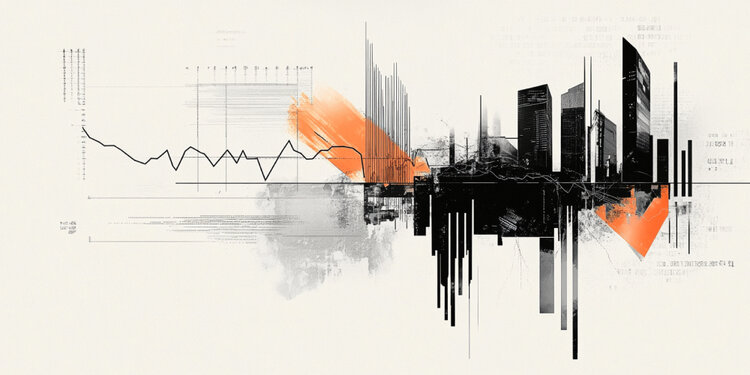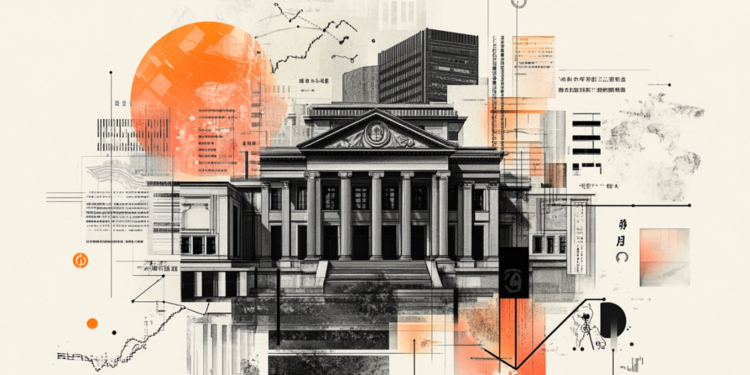In the process of Brazilian independence, several separatist movements, with different motivations and in different regions, sought to break with both the orders coming from Portugal and the local government, based in Rio de Janeiro.
Among the major manifestations of the period is the Pernambuco Revolution, started on March 6, 1817 and lasted until May of the same year. The revolt had a separatist and republican character – unlike what happened with the independence of Brazil, which continued under a monarchist regime until 1889.
“There are those who defend, like the historian Evaldo Cabral de Mello, that Pernambuco has always had a republican spirit, and it is a fact”, comments the anthropologist and historian. Lilia Schwarcz. “During the colonial period, there were several manifestations starting from Pernambuco and always with this republican perspective, and not imperial”, emphasizes the professor.
With the arrival of the Royal Family in Rio de Janeiro in 1808 and, along with it, the expressive increase in expenses involving the way of life of monarchs and their subjects, other captaincies throughout Brazil found themselves burdened with taxes, without any advantages. economic conditions, fueling a general feeling of discontent.
“While Rio de Janeiro received all the benefits of the presence of the court, the other captaincies not only did not receive these benefits, but also had to support, through taxes and the transfer of resources, what the court did in Rio de Janeiro and the resources that were sent to Portugal”, highlights Cecilia Helena de Salles Oliveiraprofessor at USP and the Ipiranga Museum.
“Envoys from Pernambuco went to the US and Europe to seek efforts and reinforcements for this movement, which had a great infiltration, a great rooting. It was a very big dissatisfaction”, says the teacher.
To describe the movement, motivated by widespread economic discontent, historian and professor UFRRJ/CNPq Alvaro Pereira do Nascimento mentions a “deafening silence” in which he sees a bridge to the present.
“It’s what seems like everything is calm, everything is calm”. “[Com uma faísca] people go against a fort and put pressure on the governor or any other group that is there representing what they don’t want to exist anymore”, he adds.
Despite its short duration, the Pernambuco Revolution played an important role in the formation of republican thinking in Brazil, in addition to discussing income distribution and the relationship between the captaincies of Brazil and the capital, in Rio de Janeiro.
According to professor Cecília Helena, the movement formed “a generation of politicians who acted strongly against the monarchy in Rio de Janeiro and against the conditions for the exercise of politics and political autonomy at that time”.
“A lot of the division we have today in the Southeast/Northeast comes from that moment. We don’t notice, but our official history is very southeastern, and we don’t pay attention to the consequences in the Northeast”, says Lilia Schwarcz.
“Provinces that used to have great autonomy lost that autonomy because of the management of the royal family in Rio de Janeiro. The central issue is this: it is a rebellion against the rule of the Southeast.”
Source: CNN Brasil







